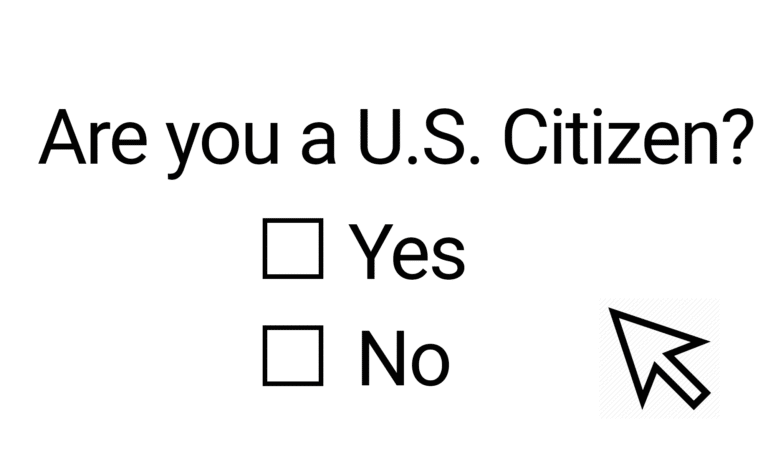Emotional abuse doesn’t leave black eyes or broken bones. That’s why so many men miss it. You tell yourself it wasn’t that bad. You explain it away as stress, miscommunication, or your fault.
But emotional abuse can be just as destructive as physical violence — sometimes worse. It erodes your confidence, hijacks your thoughts, and convinces you that silence is safer than speaking.
This post breaks down what emotional abuse really looks like, especially when it targets men.

Why Emotional Abuse Is So Hard to Recognize
- There are no visible injuries
- It often happens gradually, over time
- You may have been raised to “tough it out” or ignore feelings
- Society rarely talks about men as emotional victims
- Abusers are often skilled manipulators who twist reality
You’re not weak for not seeing it sooner. You were trained not to.
Common Forms of Emotional Abuse
🔹 Gaslighting
You’re told you’re imagining things, too sensitive, or flat-out wrong — even when you’re not.
“That never happened.”
“You’re crazy.”
“Why are you always so dramatic?”
Gaslighting makes you doubt your memory, your instincts, and eventually yourself.
🔹 Verbal Attacks
You’re insulted, mocked, or blamed — especially when you try to speak up.
“You’re useless.”
“You’re the problem.”
“You’re not a real man.”
This isn’t “just how they talk.” It’s emotional degradation meant to keep you small.
🔹 Control Through Guilt
You’re made to feel bad for having needs, setting boundaries, or disagreeing.
“After everything I’ve done for you?”
“You don’t care about me.”
“You always make me feel like the bad guy.”
This keeps you in line by making you feel selfish.
🔹 Isolation
You’re discouraged from seeing friends or family. Over time, your world shrinks to just them.
“Why do you need anyone else?”
“Your friends don’t really care about you.”
This creates dependency — and traps you.
🔹 Emotional Withholding
They give you the silent treatment, withdraw affection, or punish you emotionally when you disappoint them.
“I’m not in the mood to talk.”
“You figure it out.”
You learn to beg for scraps of attention just to avoid the cold.
🔹 Threats and Intimidation (Non-Physical)
They threaten to expose you, leave you, ruin your reputation, or take your kids. Even if they never follow through, the fear controls you.
Signs You’ve Been Emotionally Abused
- You constantly apologize — even when you’re not wrong
- You second-guess yourself all the time
- You feel anxious when your phone rings
- You avoid confrontation at all costs
- You feel like you lost yourself
These are survival patterns. You adapted. But now it’s time to reclaim your ground.
What to Do if This Sounds Familiar
🔸 Stop minimizing the issue
Emotional abuse is real — and damaging. Just because it doesn’t bruise your skin doesn’t mean it didn’t hurt.
🔸 Use the abuse log
Document what’s happening. If it’s over, write what did happen. Seeing it written out helps break the denial.
🔸 Read survivor content
The more you understand what happened to others, the easier it is to validate your own story.
🔸 Set boundaries now
Even small ones. Emotional abuse loses power when you start reclaiming space. Boundaries are essential for every type of relationship to work properly. Make sure you read this: Setting up Boundaries
Related Posts You Might Need:
- How to Cope with Shame After Abuse
- How to Reclaim Your Worth After Feeling Worthless
- How to Let Go of Guilt After Abuse
- How to Deal with Fear and Anxiety After Abuse
Final Word:
You don’t need proof that would convince a court.
You only need the truth that convinces you.
If what you lived through made you small, afraid, or silent — that was abuse. And you have every right to heal from it.



